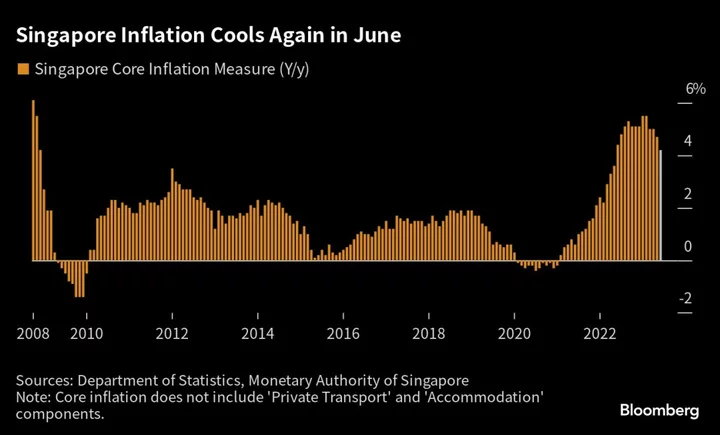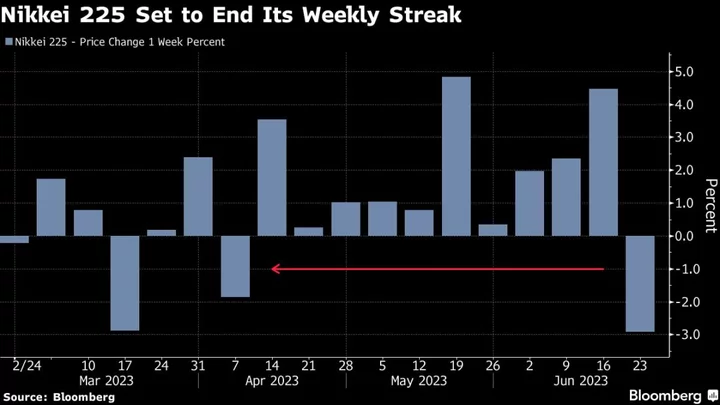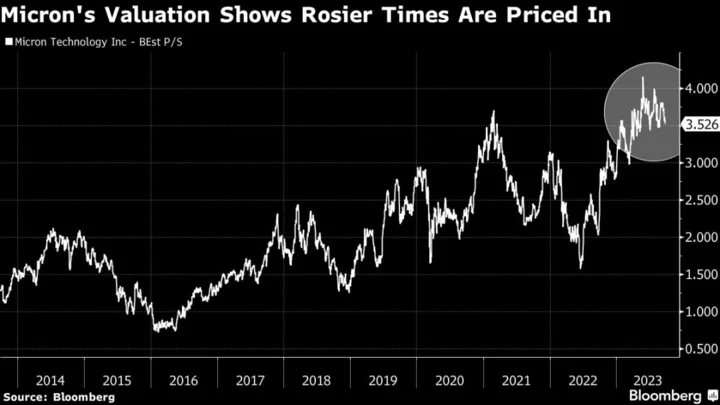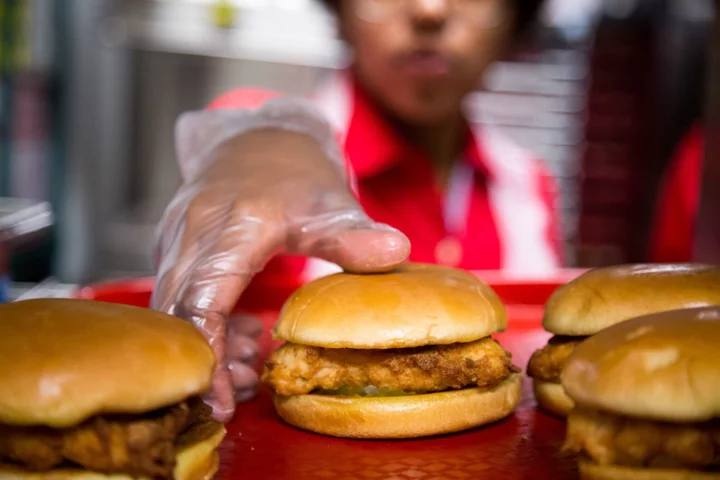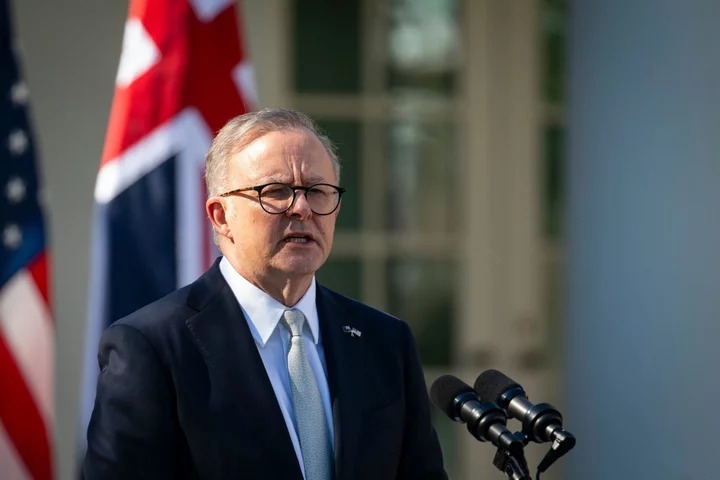Singapore’s core inflation rate cooled in June to the lowest level in little over a year as import costs continued to decline.
The core measure, which excludes housing and private transportation costs and is watched by the central bank to determine policy settings, came in at 4.2% from a year earlier, official data showed Monday. That matched the prediction in a Bloomberg survey of economists.
“Global supply chain frictions, energy and food commodity prices have moderated,” according to a joint statement from the Monetary Authority of Singapore and the Ministry of Trade and Industry on Monday. “Consumer price inflation in Singapore’s major trading partners have also been on an easing trend. As a result, prices of Singapore’s imported goods continue to decline in year-on-year terms.”
The reading supports expectations that monetary policymakers will likely stand pat at least for the near term to support the trade-reliant economy which averted a technical recession last quarter, but still showed signs of below-trend growth with exports contracting for nine straight months through June. The MAS, which uses the exchange rate as its main policy tool, already paused tightening in April after five moves since October 2021.
All-items inflation cooled to a 16-month low of 4.5% in June, after a 5.1% reading in May. For 2023, headline and core inflation are projected to average 4.5%–5.5% and 3.5%–4.5%, respectively, the authorities said in the statement, reiterating a projection shared by MAS Managing Director Ravi Menon earlier this month.
Given the higher premiums for the right to buy cars under the so-called certificate of entitlement and an increase in housing units available for rental, authorities expect private transport and accommodation inflation to moderate over the course of the year.
--With assistance from Tomoko Sato.
(Updates with comments from MTI and MAS in the third paragraph.)

